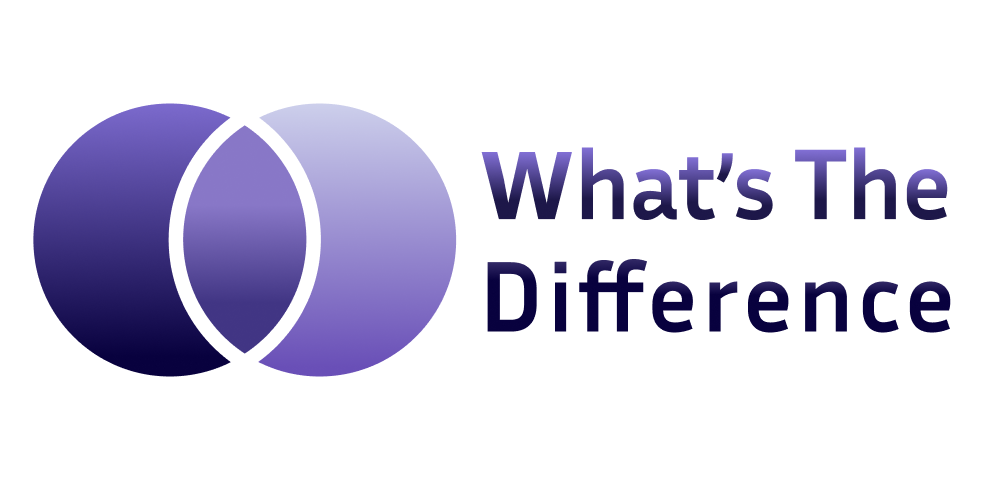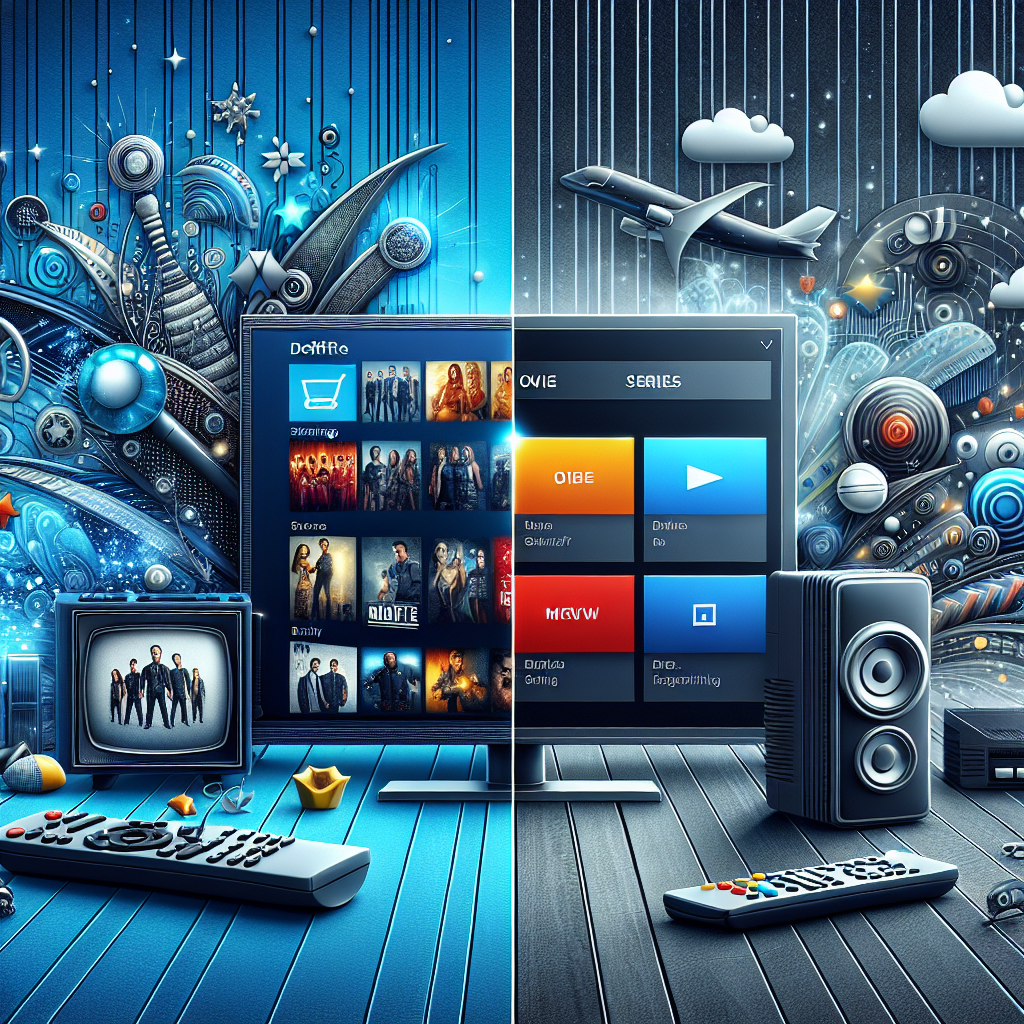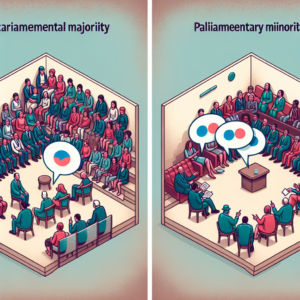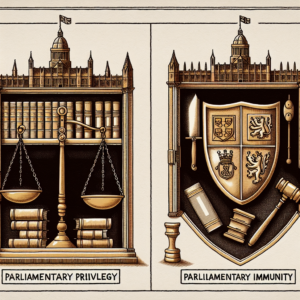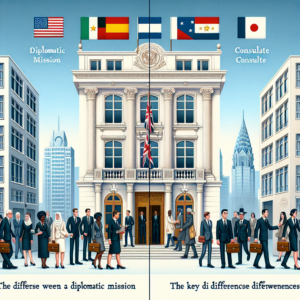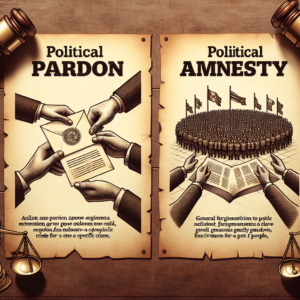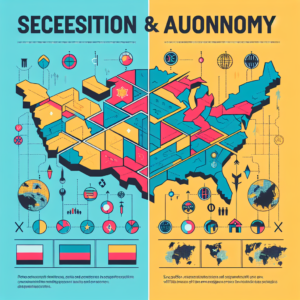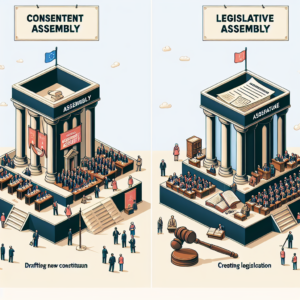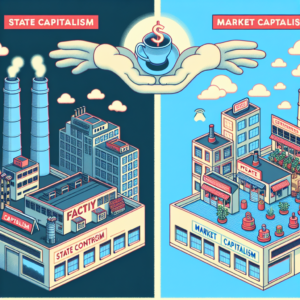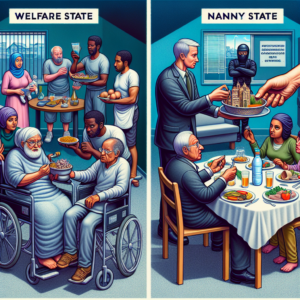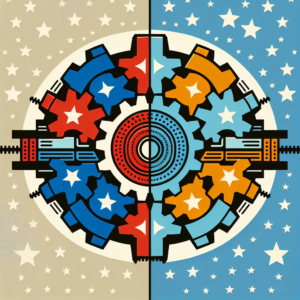As we move deeper into the digital age, how we consume media is quickly evolving. Our entertainment options are no longer restricted to traditional cable TV subscriptions. With the advent of streaming services, people now have more choices than ever before when it comes to watching their favorite shows and movies. But what exactly separates streaming services and cable television? Let’s delve into the details and discover what sets them apart.
Unraveling the Streaming Services and Cable Television Paradox
Streaming services and cable television share a common purpose: to deliver entertainment to audiences. However, they differ significantly in how they achieve this goal. Streaming services, like Netflix, Amazon Prime Video, and Hulu, offer content over the internet. Subscribers can access a vast library of movies, TV shows, documentaries, and other content on-demand, meaning they can watch what they want, when they want.
Cable television, on the other hand, delivers content through a network of coaxial or fiber-optic cables. Traditional cable TV offerings include a set schedule of programs broadcast across different channels. Unlike streaming, cable TV doesn’t offer the same level of flexibility. You need to tune in at the exact time your favorite show is being aired or set it to record for later viewing.
Dare to Compare: Streaming Versus Cable TV – Your Ultimate Guide
When we compare streaming services to cable TV, several key differences stand out. First, let’s look at cost. Cable TV subscriptions can be quite pricey, especially when you factor in add-ons like premium channels or DVR services. Streaming services, inversely, often offer more affordable packages. Besides, with streaming services, you have the freedom to cancel or change your plan anytime without penalties.
The second comparison point is the viewing experience. With streaming services, the power is in the hands of the viewer. You can pause, rewind, or fast-forward any show or movie. You can also watch your favorite content on multiple devices like your smartphone, tablet, computer, or smart TV. Cable TV, in contrast, is more rigid, offering less control to the viewer.
The third difference lies in the content library. Streaming services are known for their vast and diverse content libraries, including original series and films. Cable TV, on the other hand, has a more limited selection and doesn’t always deliver the same variety of programming.
Summary
In conclusion, the battle between streaming services and cable TV ultimately hinges on what you value more as a viewer. If flexibility, cost-effectiveness, and a diverse content library appeal to you, streaming services might be your best bet. If you’re a fan of live programming like sports and news, and don’t mind the schedule restrictions, then cable TV could still hold its charm. The entertainment world is at a crossroads, but one thing is sure, the viewer is the real winner in this evolving landscape. Be bold, dare to compare, and choose the platform that best suits your preferences.
If you liked this one, don’t hesitate and check out – What is the Difference? Organic Foods vs Conventional Foods
